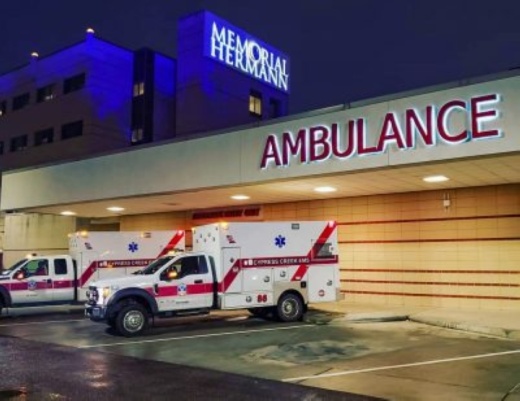Senate Bill 999 would have prevented ambulance operators from sending surprise bills to patients who have insurance plans regulated by the state, although some local emergency medical services providers said the legislation would have depleted the revenue they need to operate.
While the bill was aimed at protecting patients, Wren Nealy, CEO of the Cypress Creek Emergency Medical Services, said the legislation would have had a detrimental effect on CCEMS’ ability to operate.
“We would not be able to survive and do the things we do,” Nealy said at the agency’s May 26 board of directors meeting. “We would just not be able to do it.”
According to data provided in the Texas Department of Insurance's 2020 biennial report, more than 85% of ground ambulance services and more than 60% of air ambulance services are billed as out of network, meaning individuals are often left responsible for bills totaling hundreds and sometimes thousands of dollars.
Under SB 999, ambulance service providers would have been required to send bills to insurance companies to mediate the cost of their services instead of sending the bills directly to patients.
“It places the agency in a difficult situation of having to arbitrate or mediate with insurance companies who will only want to pay 125% over Medicare allowable, which is virtually nothing,” Nealy said. “It doesn’t cover us getting to the call, let alone doing anything after we get there.”
Nealy noted that while the bill has failed in its current incarnation, the matter is going to be reviewed by lawmakers until the next legislative session.
“It’s not going to go away,” he said. “It just gave us a two-year reprieve, basically.”





